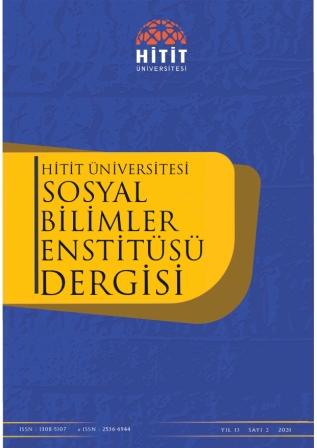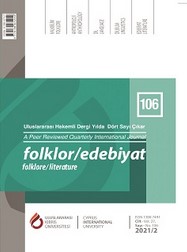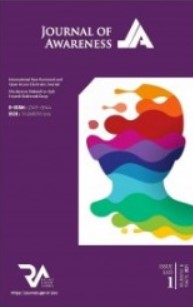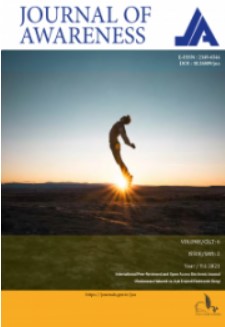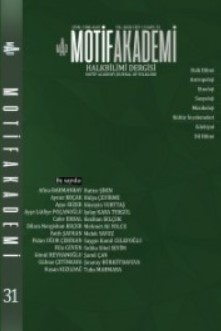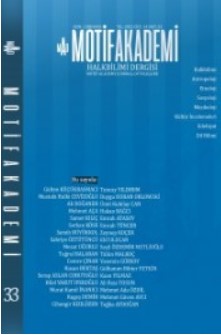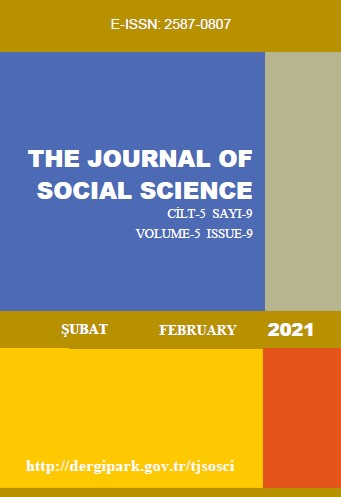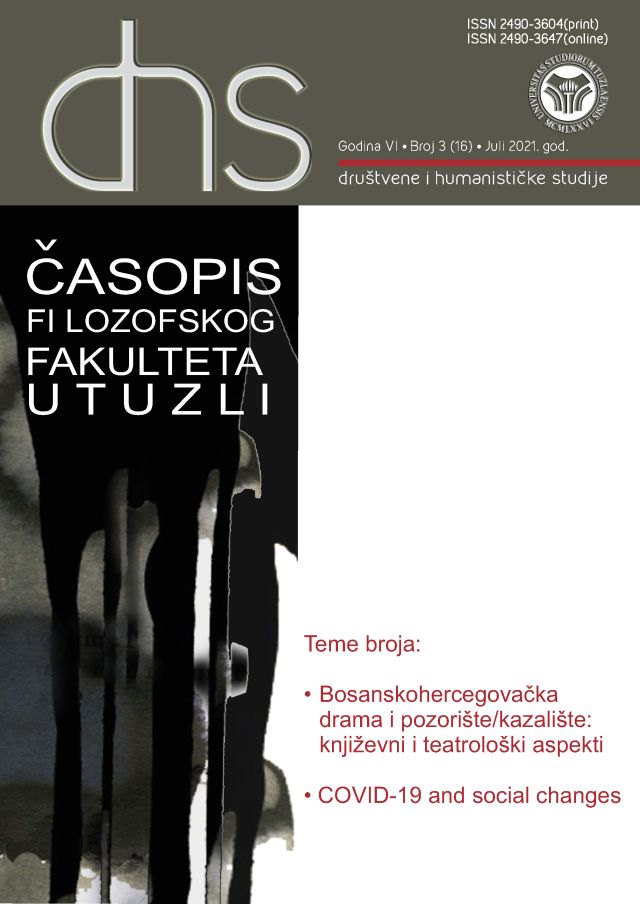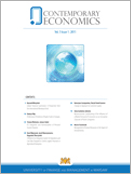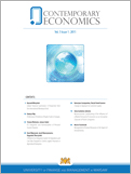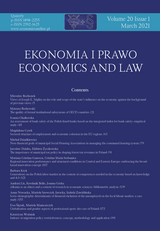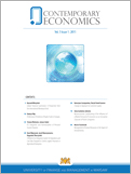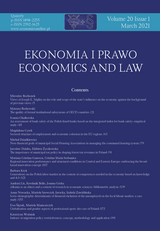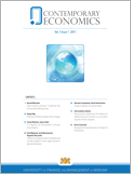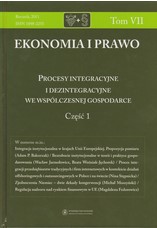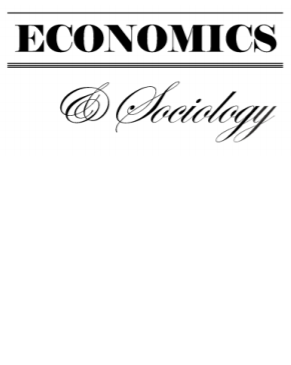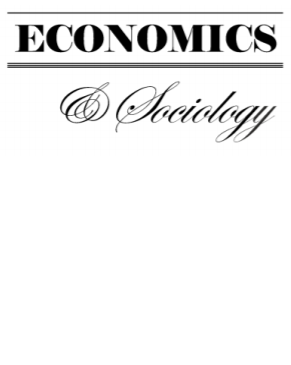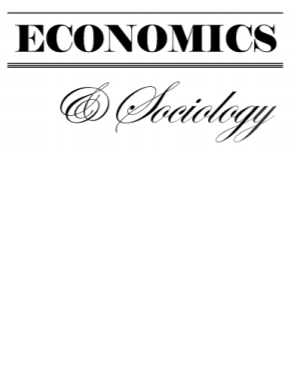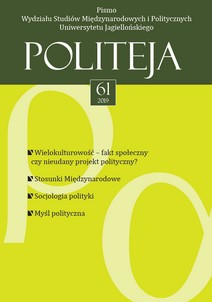Author(s): Nesrin YAVAŞ / Language(s): English
Issue: 1/2021
Since the 1990s, transnationalism, a as recent field of enquiry, has emerged as another theoretical lens through which we can look into the changing, evolving meanings of home, homeland, and belonging for international migrants. Studies of transnational migrants have focused upon varying aspects of the migrants’ lives: their ties with their kin; laws of naturalization in the host country, involvement in political organizations, the place of cultural iconography such as food, music, tradition in their daily lives. Because these transmigrants neither cut the ties to their countries of origin nor fully assimilate into the new culture of the host country, these immigrants fall under the rubric of transnationals However, transnational studies focusing upon the cross-border lives and activities of transnational subjects ignore the cross-cutting variables of gender, class, age, religion, ideology, period of immigration, citizenship status, different local sending contexts, which play a mediatory role in shaping notions of home, identity, community within even a single transnational community. In order words, it is not possible to talk about the transnationalism of a certain migrant group but of the heterogeneous make-up of transnationalisms, which differ even among the members of a transnational community at any given point in time. To understand the relationship between transnational migrants, and their conceptions of home and belonging, it is of vital importance to explore the specific circumstances of migration and how they influence conceptions of home. Secondly, the celebratory overtones of the transnational conditions of international migrants overlook the negative consequences of transnational lives such as the feelings of loss and dislocation inherent in cross border movements of transmigrants. Reading Pakistani-American Bina Sharif’s play My Ancestor’s House through a transnational lens, I would argue, brings a new insight into the literature on transnationalism by way of highlighting the non-homogenous, non-celebratory, and historically specific aspects of transnationalism in a global age.
More...
